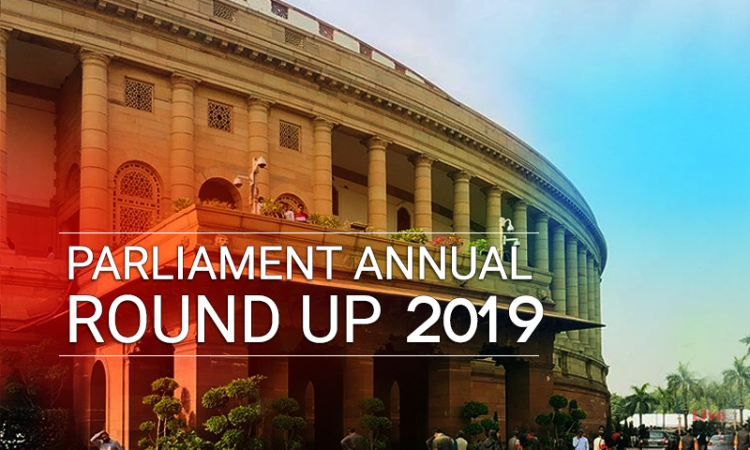- Home
- /
- Top Stories
- /
- Parliament Roundup : Key...
Parliament Roundup : Key Legislations Of 2019
Akshita Saxena
3 Jan 2020 8:35 AM IST
Here is a recap of key legislative exercises of Parliament in 2019. 16th Lok Sabha Session The first phase was comprised by latter days of winter session of the 16th Lok Sabha, which concluded on January 9. The second phase was the budget session, held between January 31 and February 13. During this duration, two important legislations were passed, being: 1. Constitution...
Next Story



